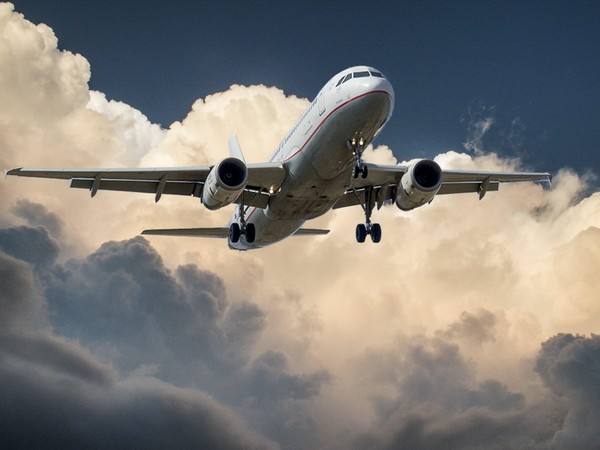
New Delhi: India has been taking a steady stride towards green aviation to reduce the country's carbon footprint. The country encourages its airports to use green energy by 2024 and achieve net zero by 2030.
“We are encouraging our airports to use green energy by 2024 and achieve net zero by 2030. Twenty-five of our airports are already using 100 percent green energy. Our goal is to make another 121 carbon neutral airports by 2025.”
India's Civil Aviation Jyotiraditya M. Scindia said recently. India's commitment to sustainable development has placed significant emphasis on green aviation, especially with the rapid expansion of its aviation industry.
The country has emerged as the world's third-largest aviation market due to the growth of low-cost carriers, infrastructure development, increasing disposable income, and the expansion of the tourism industry.
Air passenger traffic in India, comprising both domestic and international travel, is expected to reach 395 million in 2023-24. By FY2030, it is predicted that India's domestic airport passenger numbers will rise to 700 million, while its international airport passenger numbers will reach 160 million.
In India, the Ministry of Civil Aviation (MoCA) has been spearheading the Promotion of sustainable development in the aviation sector by encouraging the use of sustainable aviation fuel (SAF), a green alternative.
Produced from animal fats (biomass), wastes (used cooking oil) and agriresidos (palm fatty acid distillate), SAF can be safely blended with traditional jet fuel, making it a "drop-in" fuel.
Unlike hydrogen and electric technologies, the two fuels' chemical characteristics are very similar, and so aircraft and supply infrastructure should not require extensive adaptation.
Usage of SAF against conventional jet fuels would result in a lifecycle carbon reduction of up to 80 percent carbon emissions. The Indian government is actively promoting the use of SAF and has set a goal of achieving 10 percent blending of SAF with conventional jet fuel by 2030.
Indian Oil Corporation is planning to set up a joint venture with US-based Clean energy technology company LanzaJet Inc and multiple domestic airlines for production of sustainable aviation fuel (SAF).
The proposed venture will set up a plant to make SAF with alcohol-to-jet technology at the state-run company's Panipat refinery in Haryana at a cost of Rs 3,000 crore.